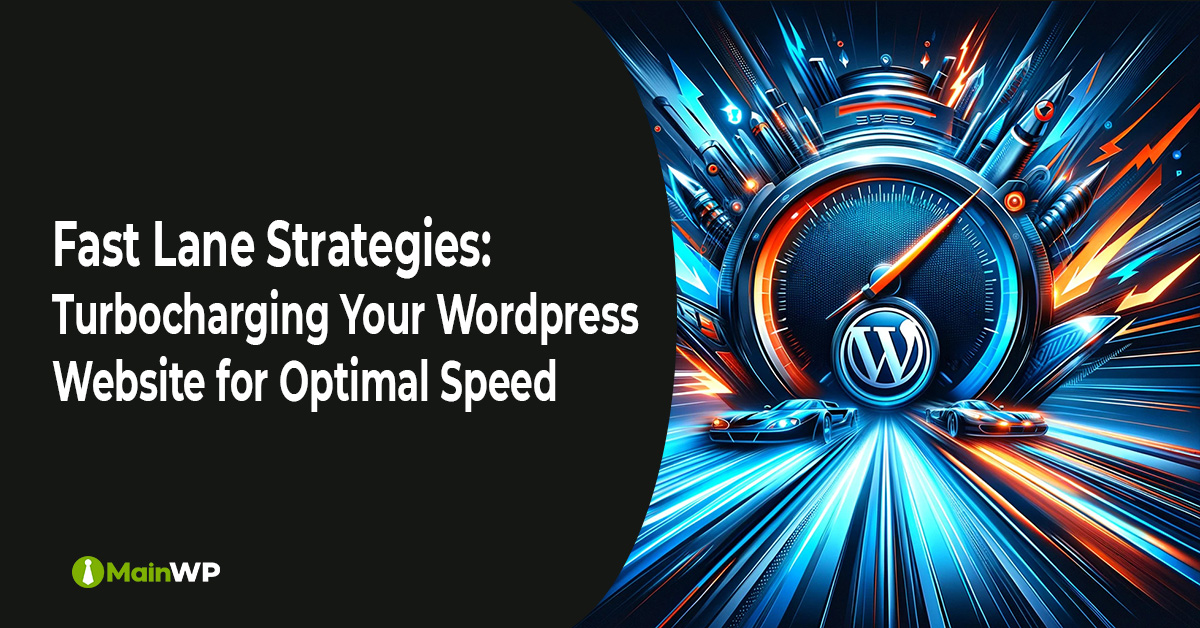WordPress is a cornerstone for website creation, but its performance can sometimes be frustrating due to sluggishness. To ensure your WordPress site runs smoothly and efficiently, implementing a few simple hacks and tips can make all the difference. Here’s a comprehensive guide on some of the most effective ways to optimize your WordPress site for speed in 2024:

- Choose the Right Hosting:
Selecting an appropriate hosting provider is paramount for your site’s speed. Opt for a reliable and fast hosting service with features like SSD storage, caching, CDN integration, and unlimited bandwidth. A robust hosting provider can significantly impact how quickly your site loads and handles traffic.
- Leverage Caching Plugins:
Utilizing caching plugins is essential for improving response time. These plugins store copies of your website pages on servers or browsers, reducing server load and enhancing site speed. Investing in a caching plugin helps create and manage cache files efficiently, contributing to an optimized WordPress site.
- Optimize Images with Compression:
Images are notorious for slowing down websites due to their file sizes. Combat this by optimizing images through compression tools and plugins like TinyPNG or ImageOptim. Reducing file sizes without compromising quality ensures faster loading times and an improved user experience.
- Implement a Content Delivery Network (CDN):
A CDN can significantly speed up your website by delivering content to visitors from the nearest server location. This reduces latency and enhances overall performance. Cloudflare or Jetpack CDN can seamlessly integrate a CDN layer into your WordPress site, providing added security, reliability, and scalability.
- Keep WordPress Updated:
Regularly updating your WordPress core, plugins, themes, and security patches is crucial for maintaining optimal performance and security. Outdated software can introduce bugs, errors, compatibility issues, and vulnerabilities that may compromise your site’s speed and functionality.
- Opt for a Lightweight Theme:
Your chosen theme can impact site speed. Select a theme optimized for speed with a responsive design, a lightweight codebase, lazy loading support, and a high-performance score. A well-crafted theme contributes significantly to how your content is displayed and interacted with on your website.
- Minimize Custom Fonts:
While custom fonts can add flair to your website, they often come with additional weight and complexity. Extra rendering time can slow down your pages. Minimize the use of custom fonts unless necessary, and opt for web-safe fonts to maintain faster load times.
Incorporating these proven tips and hacks into your WordPress site strategy can elevate its performance and enhance user experience. Stay abreast of the latest industry insights and ensure your site remains at the forefront of speed optimization in 2024. Happy optimizing!







